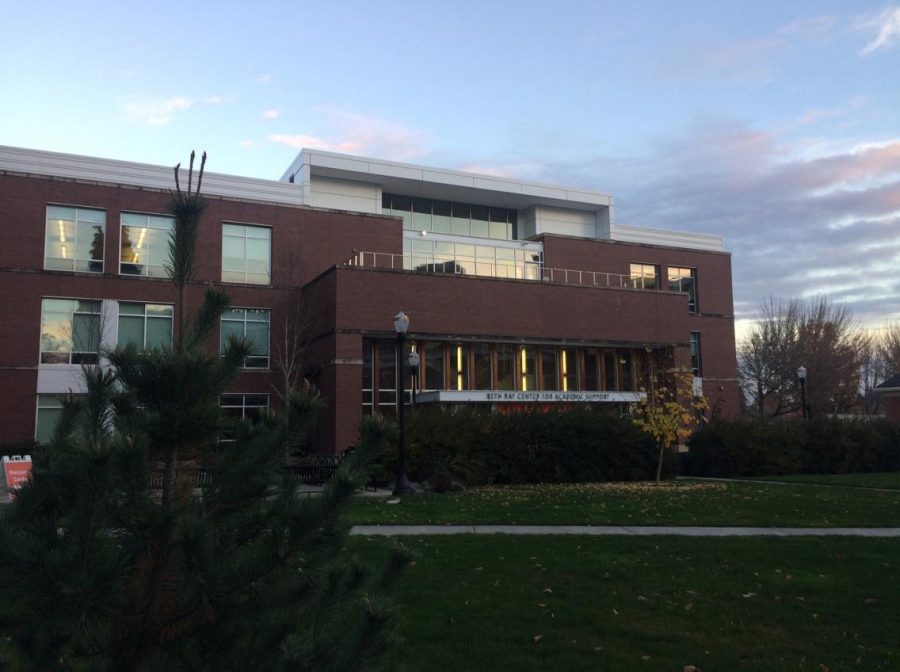OSU students, faculty reflect on how first-year students have achieved academic success
June 16, 2020
This article is a part of the START issue, a guide for all incoming Oregon State University students and their families going through START, which aims to help familiarize them with the campus, college life, academic success and more.
When students enter their first year of college, life becomes increasingly different. With a heightened level of responsibilities, both personal and academic, a shift to higher education may present complications for many who feel unprepared for such changes.
“You go completely cold turkey when it comes to living on your own and that did cause issues for me when it came to taking care of myself,” said first-year mechanical engineering student Jacob Ray Bader.
Bader said he felt overwhelmed living on his own and had to learn very quickly how to care for himself in regards to healthy grooming and eating habits. From an academic perspective, going from high school to college also came as a challenge for Bader, which resulted in him failing one of his first-term classes.
“Success in the first term was difficult because it was the first time I failed a class, so I was really freaking out,” Bader said.
Even though Bader didn’t feel that it was necessary to work with a tutor, he did approach the Academic Success Center for guidance.
“I scheduled a meeting with them to help improve my test taking and it really helped a lot,” Bader said.
According to lead strategist for the Oregon State University Academic Success Center Anika Lautenbach, experiences similar to Bader’s are not uncommon for first-year students.
“When working with first-year students, we often hear that it can be challenging to transition from high school to college,” Lautenbach said via email.
According to Lautenbach, a lack of developed skills, like time management, play a massive part in the difficulties that students face during their first few terms at a university.
“We recommend identifying a tool you can use to manage your time,” Lautenbach said. “This will help you keep track of everything you need to do while building in time to study, work and practice self-care (like getting enough sleep, exercising, etc.).”
Clare Creighton, the Director of the Academic Success Center at OSU, said when freshmen come into the center, they sometimes have no idea what questions they need to be asking.
“I think sometimes students don’t know what to ask, or where or who to ask and that’s pretty natural in a time of transition. It takes some time to identify areas you might need help with and then figure out which resources are available,” Creighton said via email.
Once students get into the rhythm of college classes and begin to discover more about their needs, the Academic Success Center offers multiple solutions and strategies in order to help new students fully transition, according to Creighton.
“The ‘Study Cycle’ is a great tool,” Creighton said. “Many students hear the ‘for every one credit, I spend three hours out of class’ rule, but the Study Cycle really helps them picture what to do with that time. We have a blank version and students could fill one out for each course.”
As for testing strategies, Creighton said practice always makes perfect, but advises students to spend less time on what they know and more on what they don’t.
“We talk to students a lot about the 80/20 rule, which is essentially spending 80% of your time on new material, and 20% of your time revisiting old material,” Creighton said. “That way you’re never too far away from what you learned at the beginning of the term.”
Such strategies have proven effective for many students, including Bader, who offers a bit of advice to those beginning college in the coming year.
“Create a detailed schedule for yourself because there will be so many things that you will want to do, but when you have a dedicated routine you will feel so much better,” Bader said.










































































































